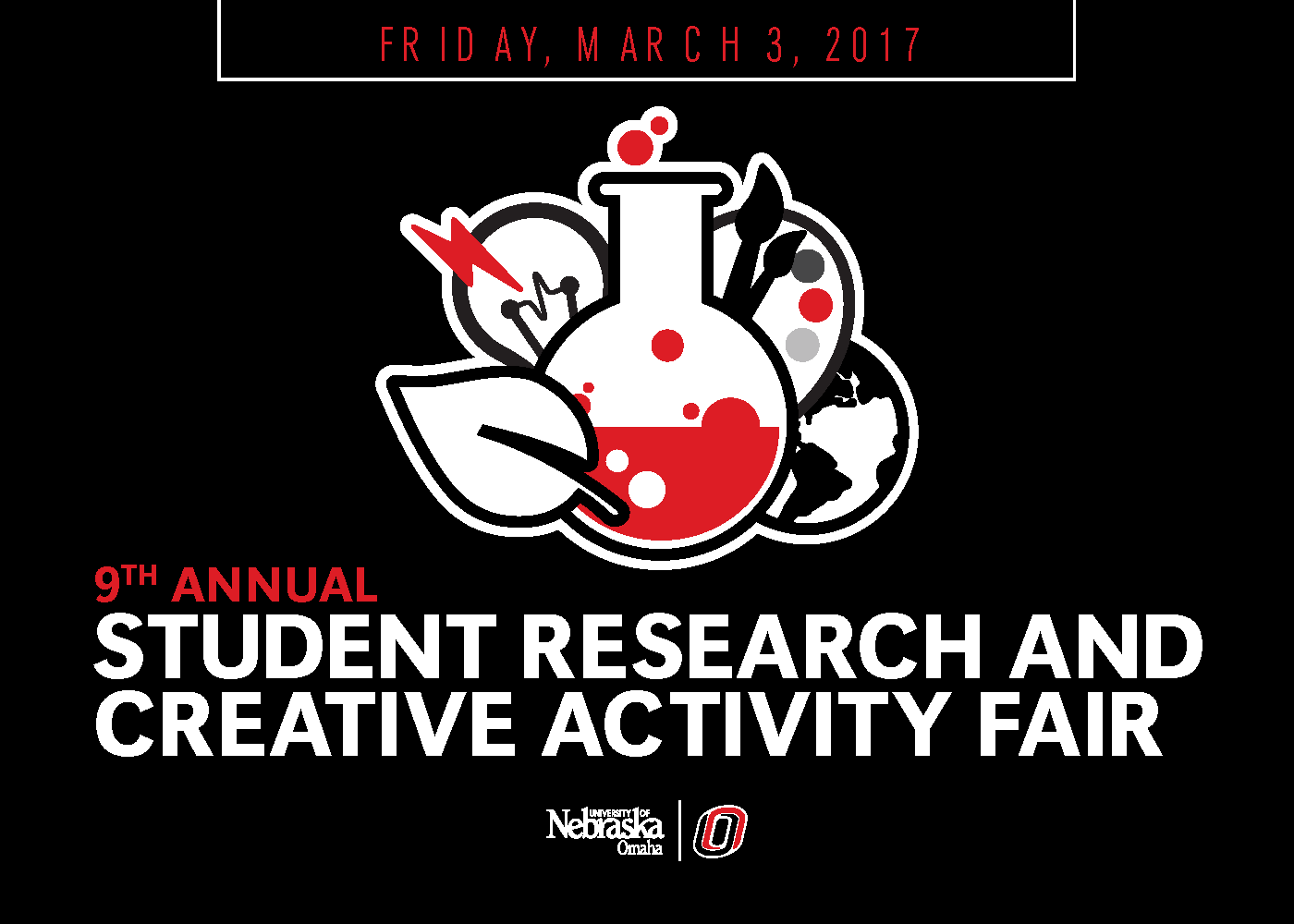
Advisor Information
Joseph Allen
Location
Dr. C.C. and Mabel L. Criss Library
Presentation Type
Poster
Start Date
3-3-2017 9:00 AM
End Date
3-3-2017 10:15 AM
Abstract
Although volunteers are vital to the success of many organizations, the rate of volunteerism in the US has been decreasing since 2002 (Bureau of Labor Statistics, 2016). One reason volunteers leave organizations is due to feeling burnt out from volunteer work (Chen & Yu, 2014; Winefield, Xanthopolou, & Metzer, 2012). Although multiple factors have been found to induce burnout in volunteers, studies examining relationships among volunteer coworkers as a potential stressor are sorely lacking. The current study sought to examine coworker incivility as a predictor of volunteer burnout and turnover intentions using Conservation of Resources (COR) theory. COR theory postulates that environmental stressors lead to burnout or other negative outcomes by depleting an individual’s resources (Hobfoll, 1989, 2011). Resources are defined as personal characteristics or conditions valued by the individual that serve as a means for the attainment of objectives, and can be personal (e.g., traits), instrumental (e.g., proper tools for completing work), or physical (e.g., energy). The present study also explored resilient-coping as one factor that might help volunteers cope with the burnout emanating from incivility. Results indicated that volunteers higher coworker incivility was associated with greater burnout and subsequent turnover intentions. Additionally, the relationship between incivility and turnover intentions in this sample operated fully through burnout. Unfortunately, resilient-coping does not look like an effective strategy for managing the effects of incivility. Researchers should continue to explore strategies and methods to help volunteers cope with incivility
Volunteer Attrition: Reducing Incivility among Coworkers
Dr. C.C. and Mabel L. Criss Library
Although volunteers are vital to the success of many organizations, the rate of volunteerism in the US has been decreasing since 2002 (Bureau of Labor Statistics, 2016). One reason volunteers leave organizations is due to feeling burnt out from volunteer work (Chen & Yu, 2014; Winefield, Xanthopolou, & Metzer, 2012). Although multiple factors have been found to induce burnout in volunteers, studies examining relationships among volunteer coworkers as a potential stressor are sorely lacking. The current study sought to examine coworker incivility as a predictor of volunteer burnout and turnover intentions using Conservation of Resources (COR) theory. COR theory postulates that environmental stressors lead to burnout or other negative outcomes by depleting an individual’s resources (Hobfoll, 1989, 2011). Resources are defined as personal characteristics or conditions valued by the individual that serve as a means for the attainment of objectives, and can be personal (e.g., traits), instrumental (e.g., proper tools for completing work), or physical (e.g., energy). The present study also explored resilient-coping as one factor that might help volunteers cope with the burnout emanating from incivility. Results indicated that volunteers higher coworker incivility was associated with greater burnout and subsequent turnover intentions. Additionally, the relationship between incivility and turnover intentions in this sample operated fully through burnout. Unfortunately, resilient-coping does not look like an effective strategy for managing the effects of incivility. Researchers should continue to explore strategies and methods to help volunteers cope with incivility
